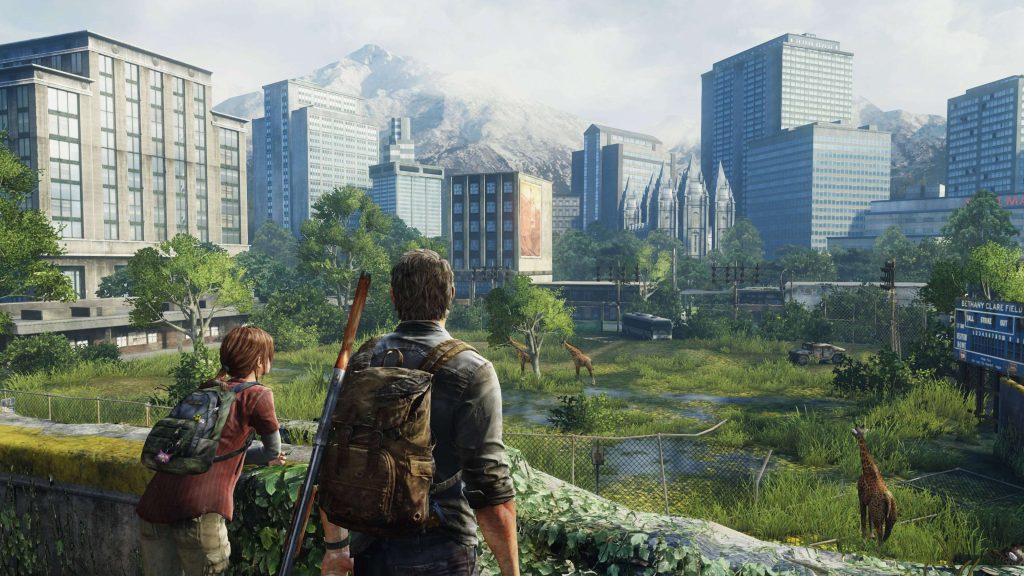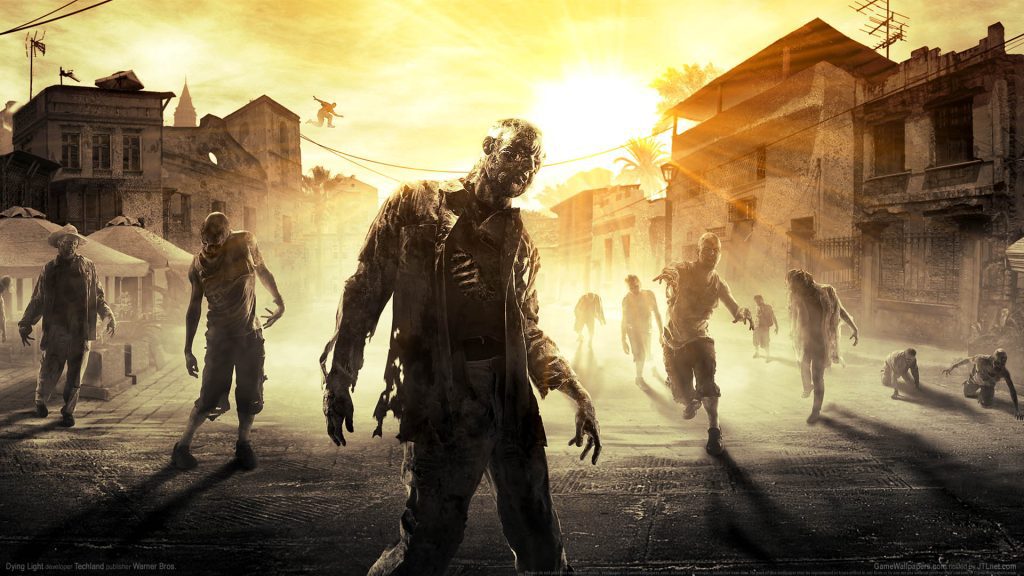In the bleakest of landscapes, gamers can find comfort and enjoyment. For decades, the concept of the apocalyptic scenario has been explored time and again through the most immersive entertainment medium – video games. From the nuclear wastes of Fallout to the virus-ridden cities of The Last of Us, gamers simply adore exploring a post-apocalyptic world, fighting to survive against all odds and carve out some kind of existence on a planet that has become desperately inhospitable.
But why? It doesn’t matter if gamers are tasked with slaying zombie hordes in Dying Light, Days Gone, or Dead Rising or if they’re trying to defeat heavy opposition in the skewed worlds found in Gears of War, Horizon, or Metro, there’s something impossibly engaging about a game rooted in the apocalypse.
Let’s get inside that idea.
Blank Slate, Bleak World
In a time that’s teetering on a precipice of life imitating art, everyone is worried about ‘the end of the world’ and whatever that may look like. There are constant concerns of nuclear war, devastating viral outbreaks, economic ruin, the vanishing of resources, and overpopulation – but for the average post-apocalyptic gamer, these are themes that they explore with reckless abandon in some of the most popular games ever made.
That’s the first point – escapism. Perhaps gamers are so addicted to the apocalypse because it’s a way of subconsciously ‘preparing’ for what comes next. As we probe through the shattered cities of Fallout while searching for precious resources, maybe we’re saying in the backs of our minds, ‘Imagine if this was real.’ By exploring these themes behind the safety of a screen, we’re allowing ourselves to deal with the terror bubbling under the surface of our collective society.
That might be me looking a little too deep, though.
Related: 10 Best Post-Apocalyptic Games Ever
In almost every post-apocalyptic game, there’s one core theme present – the blank slate. It doesn’t matter what franchise you’re diving headlong into, there will typically be the concept of starting again at the very core of the story that’s going to unfold over a series of hours. It’s that sense of untapped, untold potential, with players getting to explore a world with no rules, no regulations, no governing bodies – it’s total freedom to be who you want to be; an animalistic drive to be the most dominant figure in a world gone mad. For the most part, anyway.

With the slate wiped clean, players are permitted to walk their path and create a character that will become theirs for what might be hundreds of hours. It’s a sense of immersion that you don’t get from a typical first-person shooter, a platformer, or a sports game, for example. The apocalypse has destroyed everything that we once knew – and now it’s up to the gamer to rebuild and shape the world in their image.
That’s a powerful concept – freedom.
Related: 6 Best Games Like Fallout
Unparalleled Potential
There’s an inherent sense of creativity that surrounds some of the best post-apocalyptic games on the market. They’re almost entirely fictional, which leaves the developer open to creating something unique and distant from our real world. Take the Horizon series, for instance. This PlayStation franchise redefined the post-apocalypse when it debuted in 2017, presenting players with a gorgeous, abundant world in which humans were rebuilding a tentative society after hundreds of years of nothing.
On a planet populated by powerful machines, humans were trying desperately to regain, fighting against an endlessly self-replicating threat that challenged their very existence. It showed us that the apocalypse doesn’t have to be bleak – and that was a wonderful thing.
Related: It’s Time The Last of Us Left Ellie Behind
In 2006, one of the most unique stories ever told was introduced in Gears of War. This third-person post-apocalyptic shooter would go on to spawn several follow-up titles, fleshing out a world that stunned players. In Metro, gamers are forced to contend with a nuclear threat that has forced thousands of people into the Russian metro system. In The Last of Us, a real fungal infection mutates and destroys humanity, leaving the fragments of society to desperately live on. Dead Rising taught us how to survive against a zombie uprising in a shopping mall.
Death Stranding had us hold down a delivery job while avoiding ethereal enemies through the use of a baby that could somehow detect them.
Dying Light fused grisly first-person combat with intense parkour mechanics in a vast open world.
I Am Alive showed us what happens when the water runs out.
Days Gone let us be a biker in a wasteland strewn with vast hordes of bloodthirsty ‘Freakers’.

There are so many angles developers can take with the apocalypse, and the general themes run deep throughout the genre. There’s always an event that threatens the very fibres of humanity, there’s always a need to survive against impossible odds, and there’s always a blank slate of sorts that allows the player to make choices or explore a story that starts at the very beginning.
It all comes back to the concepts of freedom, escapism, and a morbid obsession with being the survivor; the last person (or people) left alive in a world where billions have succumbed.
Related: 10 Best Zombie Games to Play
It’s inevitable that ‘the world’ will end. It doesn’t matter if it takes a thousand years or a million years – the human race is doomed to extinction. For gamers, that concept can be explored at the press of a button in a dozen different games at any given moment. It might terrify the bulk of society, but for the fans of these post-apocalyptic titles, it’s a sweet, succulent treat to be savoured.
For more Insider Gaming coverage, check out the news that Battlefield 2042’s Season 7 update may have leaked











https://bnnbreaking.com/world/us/exploring-the-end-why-gamers-thrive-in-post-apocalyptic-worlds
Seems like a straight up copy of your stuff…